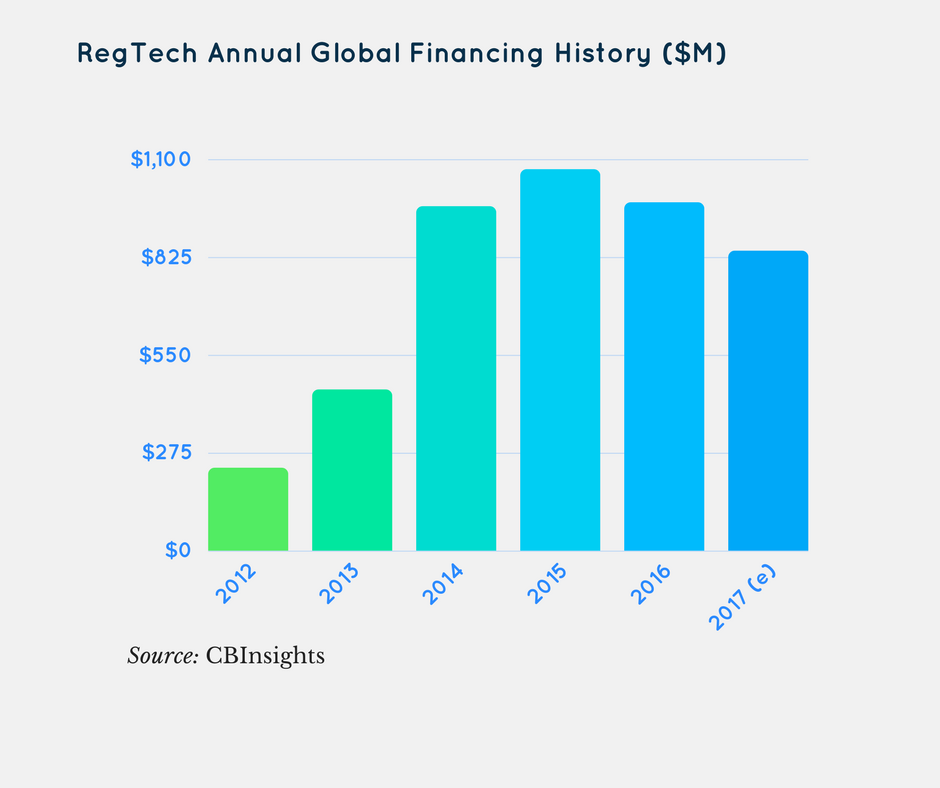The Opportunity for Premium APIs in Open Banking

I sat down with the Anthemis marketing team to break down the complexities around Premium APIs and unpack how banks are utilising this new technology strategy. This is the first of a series of five articles on Open Finance in Europe.
What is an API and why does everyone seem to be talking about them recently?
APIs (Application Program Interfaces) are topic du jour principally because the European Banking Authority (EBA)[Office1] is forcing banks to provide a small number of standardised APIs linked to people’s payment accounts. Much of the conversation at the minute oscillates between incumbents’ ability to deploy them effectively and what it means for the fintech world as product manufacturers. Unfortunately, if you’re still having either of those conversations you’re likely somewhat late to the party.
What do you mean by that?
PSD2 has expedited the rate at which banking was likely to open up to distributed product and service manufacturers. But contrary to prevailing sentiment, it did not actually instigate it. Open finance is a story about innovation through interoperability and interoperability has become a major industrial force in modern economics. It helps to contextualise purchasing decisions and distil the burden of opportunity cost. Due to complexity and regulation, it has taken finance a little longer than other industries to evolve into an interoperable and open industry model. The pertinent question is not how do institutions cope with new technological obligations, but rather how do they leverage APIs to drive new revenue.
And how might that work?
Premium APIs. Banks have a tremendous amount of data that is not covered by the PSD2 mandate. This data can be delivered as a product to subscribers who leverage it to build new or augment existing products. PSD2 is more of an opportunity than it is a threat, allowing incumbents to step back from traditional product manufacturing.
Why would they do that?
Myriad reasons. It’s costly, clunky, competitive, commoditisable but most of all, mass market products are becoming less relevant. The era of single product solutions is coming to its terminal conclusion. Open finance is about interoperable experiences facilitated rather than orchestrated by finance. Customers are now seeking experiences delivered through an amalgam of products customized to solve for contextualised need. Fintechs and smaller players are creating the component parts of these solutions in the form of conventional products. There is a need to provide the premium utilities (Data, Capital, Security, Compliance, Identity) and the platforms aggregate, assemble and deliver them.
Are you saying that Banks might stop selling conventional banking products like loans and advice?
To a degree. I expect incumbents will continue to be active in high yield sectors like mortgages but they will facilitate increased competition in areas of lower yield or easy access like payments, FX, PFM, advice. Banks will draw on peripheral propositions, within their API ecosystem, to deliver contextualised solutions to users. There is the obvious potential for banking platforms housing a universe of financial apps paying a listing fee to access distribution but there is also a more federated model where the banks deploy premium data and infrastructure to companies selling directly or through proxies to the customer.
What are some examples of premium APIs that banks might deploy?
Examples will range from the simple, like real time FX feeds to geo-based industry data to data aggregation APIs and identity infrastructure. Some we’re likely to see in the next five years may include:
1) Product, transaction and regional data that helps companies make decisions about strategic expansion, product roadmaps, marketing and operations
2) Real time FX data for real time currency hedging
3) Salary trends that indicate career health ahead of time
4) Lending and credit data including credit scoring information, track record, deposit balances, 5) Cumulative economic trends
6) Macro and micro economic data
7) Auditing and compliance tools
8) Tax APIs
9) Property value calculators based on local data and trends
10) Secure login APIs
11) Identity infrastructure and data repositories
12) General account aggregation
13) Anonymised ecommerce facilities
14) Large numbers of wealth propositions allowing customers to buy data streams to plug into wealth advisors to make better investment decisions.
In my view, increasing interoperability and conflation of industries will also be something we will see, for example banking and insurance. This will lead to new and novel product opportunities where data flow from one industry can lead to product offerings in the other.
The Opportunity for Premium APIs in Open Banking was originally published in #hackingfinance on Medium, where people are continuing the conversation by highlighting and responding to this story.















